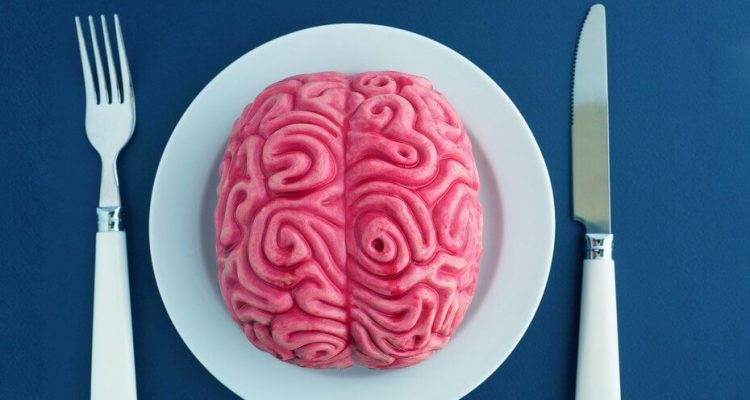
Three nutrients the brain needs most
0
For the brain to function properly, it is necessary to receive more of certain nutrients from foods helps maintain mental clarity as you age.
Vitamin C.It is not for nothing that scientists call it one of the key nutrients that the brain needs the most. Vitamin C stimulates the production of neurotransmitters, chemicals that carry messages from neurons to muscles that determine our ability to focus and remember new information, as well as our mood. Well-known neurotransmitters are, for example, dopamine and serotonin. Researchers state that “low levels of vitamin C, dopamine and serotonin are common in people with mood disorders such as depression”.
This nutrient also improves the protection of nerve cells in the brain against damage and oxidative stress caused by unstable molecules (free radicals). Scientific experts say that vitamin C is a “powerful detoxifier” of the brain – it penetrates the blood-brain barrier, removes components that pollute it. Thus, the prevention of neurodegenerative diseases is ensured.
Vitamin D. According to research, it has a strong effect on your brain at all stages of life. Yes, pregnant women are recommended to eat foods with vitamin D or spend time outside in sunny weather, because it supports the development of the fetus's brain. For teenagers and adults, this nutrient helps regulate mood, improves memory, and helps reduce the risk of dementia in later life.
A blood test allows you to determine its level in the body. If the concentration is low, you need to eat more foods rich in vitamin D or take supplements. The National Institutes of Health (NIH) recommends getting 10-20 micrograms (mcg) of the vitamin every day.
B vitamins. When considering the nutrients most needed by the main brain is B6, B9 and B12. Researchers believe they benefit the brain by lowering homocysteine aminooxylate levels. Its high content increases the tendency to develop serious health problems, including Alzheimer's disease, heart disease and kidney failure.
B vitamins also contribute to the production of serotonin, dopamine and gamma-aminobutyric acid (GABA). Their low concentrations are associated with a tendency to mental pathologies – depression, anxiety, low self-esteem, insomnia. To maintain brain health, scientists recommend including foods rich in these vitamins in your daily diet.









Leave a Reply